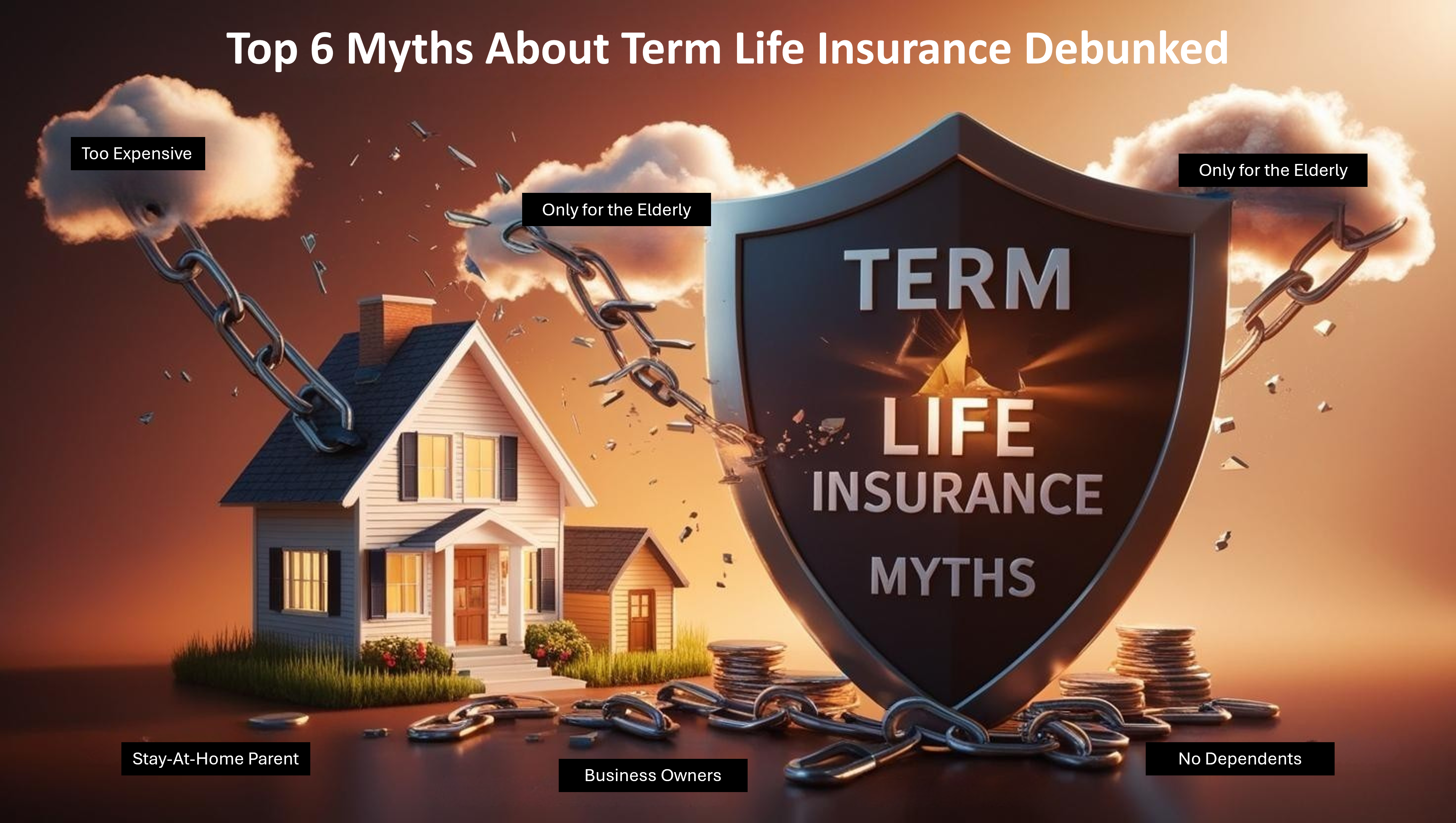By Sabine Jensen
- Estate Planning Importance: Ensures orderly asset transfer to beneficiaries.
- Term Life Insurance Overview:
- Provides coverage for a set term (10-30 years).
- Offers a death benefit without cash value accumulation.
- Affordable option for financial protection.
- Benefits in Estate Planning:
- Financial Security: Replaces lost income for dependents.
- Debt Repayment: Covers outstanding debts, preventing financial burden.
- Estate Liquidity: Provides cash for taxes and fees, avoiding asset liquidation.
- Inheritance Equalization: Balances inheritances without selling assets.
- Cost-Effective: More affordable than permanent life insurance.
- Considerations:
- Policy Term & Coverage: Align with financial goals and needs.
- Renewal & Conversion Options: Flexibility to extend or convert policies.
- Integration with Estate Tools: Coordinate with wills, trusts, etc., for a comprehensive plan.
Estate planning is a crucial aspect of financial management that ensures the orderly transfer of assets and wealth to beneficiaries upon an individual’s death. One of the key components of a comprehensive estate plan is life insurance, particularly term life insurance. This type of insurance plays a significant role in providing financial security and peace of mind to both the policyholder and their beneficiaries.
Understanding Term Life Insurance
Term life insurance is a type of life insurance policy that provides coverage for a specified period, or “term,” typically ranging from 10 to 30 years. Unlike whole life insurance, term life does not accumulate cash value and is purely designed to offer a death benefit to the beneficiaries if the insured passes away during the term of the policy. This makes it an affordable option for many individuals seeking to protect their loved ones financially.
Benefits of Term Life Insurance in Estate Planning
1. Financial Security for Dependents
One of the primary roles of term life insurance in estate planning is to provide financial security to dependents. In the event of the policyholder’s untimely death, the death benefit can replace lost income, helping beneficiaries maintain their standard of living, pay off debts, and cover daily expenses.
2. Debt Repayment
Term life insurance can be used to pay off outstanding debts, such as mortgages, car loans, or credit card balances. This ensures that the deceased’s family is not burdened with financial liabilities, allowing them to retain ownership of important assets like the family home.
3. Estate Liquidity
Estate liquidity refers to the availability of cash or liquid assets to cover estate taxes, legal fees, and other expenses that may arise during the estate settlement process. Term life insurance can provide the necessary liquidity, preventing the need to sell off valuable assets at a potentially reduced price.
4. Equalizing Inheritances
In situations where an estate includes illiquid assets, such as a family business or real estate, term life insurance can be used to equalize inheritances among beneficiaries. This ensures that each heir receives a fair share of the estate’s value without forcing the sale of cherished assets.
5. Cost-Effective Coverage
Term life insurance is generally more affordable than permanent life insurance options, making it an attractive choice for individuals seeking substantial coverage without a significant financial commitment. This cost-effectiveness allows policyholders to allocate more resources to other aspects of their estate plan.
Considerations When Incorporating Term Life Insurance
1. Policy Term and Coverage Amount
When selecting a term life insurance policy, it is essential to choose a term and coverage amount that aligns with the policyholder’s financial goals and the needs of their beneficiaries. Factors such as the age of dependents, outstanding debts, and future financial obligations should be considered.
2. Policy Renewal and Conversion Options
Some term life insurance policies offer renewal or conversion options, allowing policyholders to extend coverage or convert to a permanent policy without undergoing additional medical underwriting. These options can provide flexibility as financial circumstances and estate planning needs evolve.
3. Coordination with Other Estate Planning Tools
Term life insurance should be integrated with other estate planning tools, such as wills, trusts, and powers of attorney, to create a comprehensive strategy. Consulting with a financial advisor or estate planning attorney can help ensure that all components of the estate plan work together effectively.
Conclusion
Term life insurance is a vital component of estate planning, offering a range of benefits that help secure the financial future of beneficiaries. By providing financial security, debt repayment, estate liquidity, and inheritance equalization, term life insurance plays a crucial role in ensuring that an individual’s legacy is preserved and their loved ones are protected. As with any financial decision, careful consideration and professional guidance are essential to maximize the benefits of term life insurance in an estate plan.






No responses yet